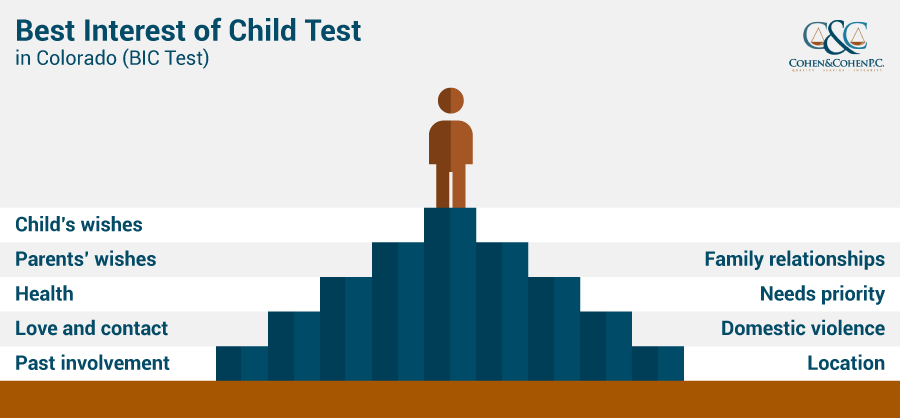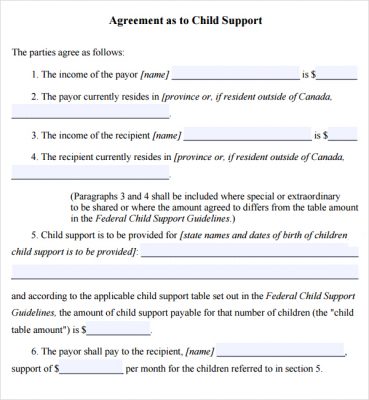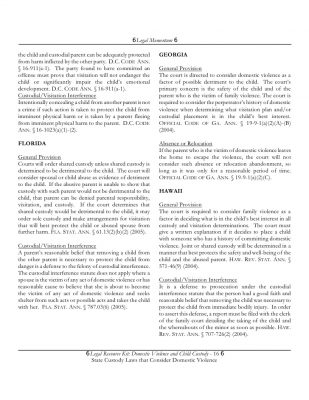Whether parents and their attorneys to resolve issues about custody outside of court through negotiations and agreements; or that the decision on custody is taken by the judge of the family court, the prevailing approach is that the solution benefits “the interests of the child”.
The “interests of the child” in custody cases
In the context of custody cases, focusing on finding a benefit to the “interests of the child”, means that the goal of all discussions and decisions about custody will be conducive to the happiness, security,mental health, and the emotional development of the child during its growth. In general terms, do what is best for the interests of the child means that they have a close relationship and affectionate with both parents; in practice, to promote and maintain such a relationship may represent the greatest challenge to resolve a custody dispute.
In any conflict custody is crucial not to lose sight of the importance of making choices that benefit the child.The choices you make now (or the decisions that the court will take it for you) will affect future development of the child and the relationship you have with him in a number of crucial ways.
What factors determine what is best for the “interests” of a child?
Although the standard about what’s best for their “interests” can be difficult to define in some situations, there are some common factors to consider in child custody cases:
- The wishes of the child (if old enough to express their preferences in a reasonable manner);
- Mental and physical health of the parents;
- Religion and/or cultural considerations;
- Need for the child to continue in a stable home;
- Support and opportunity to interact with the family members of each parent;
- Interaction and relationships with the other inhabitants of the household;
- Adaptation to the school and the community;
- Age and sex of the child;
- Excessive discipline or emotional abuse by the parents; and
- Evidence that one parent is using drugs, alcohol, or that has a history of sexual abuse.









